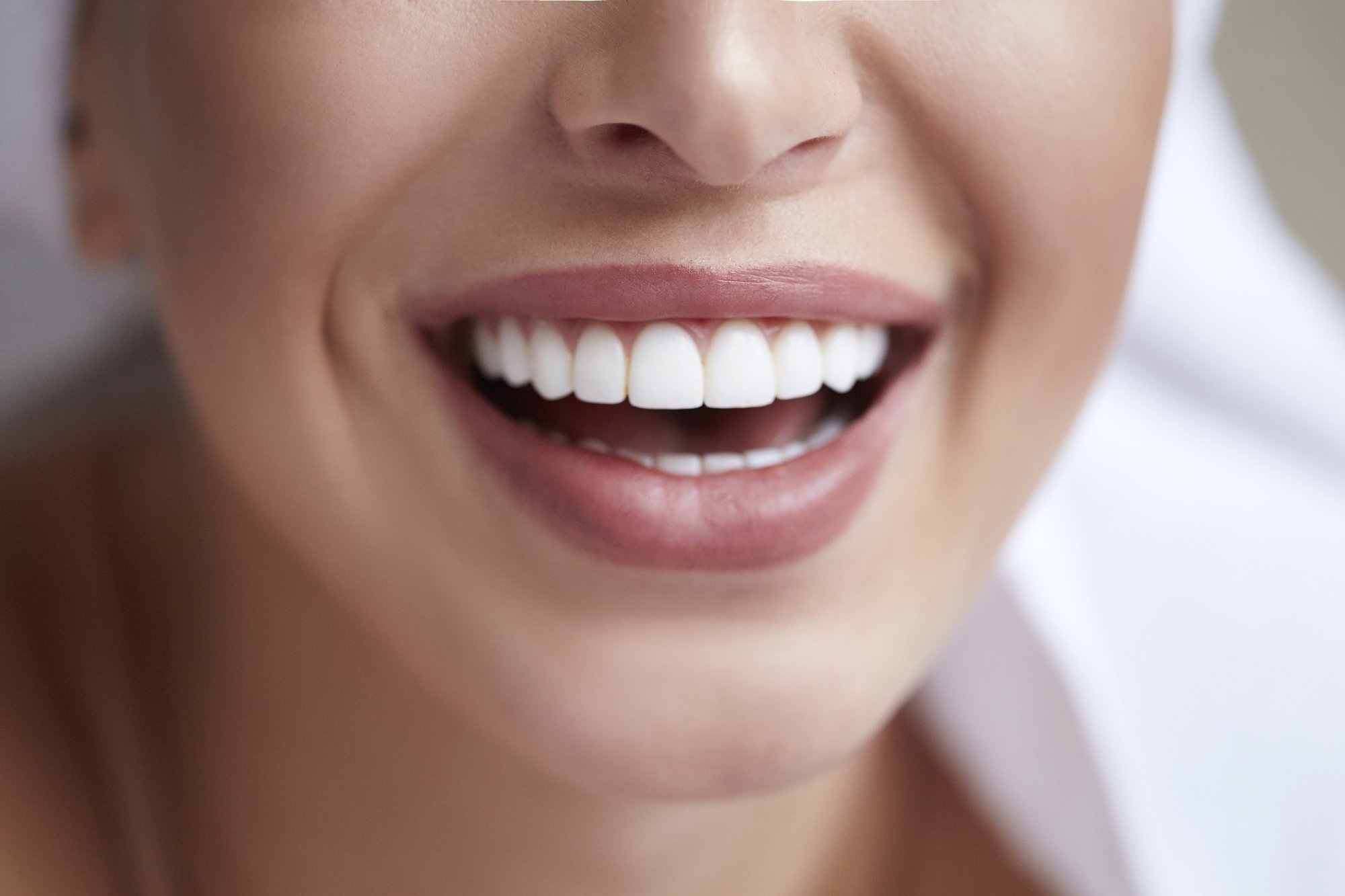
Veneers and dental crowns are great ways to improve a smile. One restores damaged or decayed teeth while the other is solely cosmetic.
Dr. Arpit Pathak at Magic Smiles Dental and Implant Centre can explain the pros and cons of veneers and crowns to help you determine the best option for your smile.
How are veneers and crowns different?
Dental crowns cover and protect damaged and decayed teeth. They can also replace a missing tooth when paired with a dental implant.
A dental crown can be thought of as a cover for the whole tooth. They are roughly 2 millimeters thick and are made of either porcelain, a combination of porcelain and metal, or entirely of metal.
A veneer is a thin tooth-colored shell that is attached to the front of an existing tooth. It is made of porcelain or resin (a composite material) and is roughly about 1 mm thick.
Veneers can cover surface-level chips and cracks. However, chips and cracks that affect the tooth’s root or pulp must be treated with a crown.
Because a veneer only covers the front surface of a tooth, it leaves more of the original tooth intact than crowns. However, about half a millimeter of the enamel on the front of the tooth needs to be ground down to roughen the surface for bonding a veneer.
What’s the process for getting a veneer?
The dentist makes an impression of your tooth either by digital scan or by mold. The image or mold is then sent out to a lab for the creation of the veneer. When the veneer is manufactured and sent back to the dentist, it is bonded to the tooth using special cement. Once the cement hardens, the veneer is ready to go.
What’s the process for getting a crown?
Unlike veneers, dental crowns cover an entire tooth. Because of that, more of the original tooth needs to be filed in advance of crown placement.
As with veneers, a dentist takes an impression of your tooth by digital scan or by mold and then sends that scan or mold to a lab for manufacturing of the crown.
When the permanent crown is ready, the dentist will place it on the patient’s tooth. Then, the fit and bite will be adjusted until comfortable.
What are the pros and cons of crowns and veneers?
The pros of crowns
- Entire coverage of the tooth so there is more protection from decay
- Porcelain crowns look and feel like natural teeth
The cons of crowns
- More of the natural tooth needs to be filed or ground down to prepare the tooth for placement
- The fragility of the porcelain means it can be damaged over time
- A dark line between the crown and the gum may become visible as the gum recedes over time (this only applies to crowns that are made from porcelain fused with metal alloy)
The pros of veneers
- Aesthetically pleasing; no line between the gum and the crown becomes visible
- Don’t require a lot of filing or grinding of natural teeth in preparation
The cons of veneers
- More of the natural tooth is left exposed, leading to decay
- The lifespan of veneers is only 5-7 years, at which point they may have to be replaced
- Veneers are not reversible
Learn More from Our Coffs Harbour Dentist
A patient with teeth that require restoration can get all of their questions answered about crowns and veneers by Dr. Pathak and his team. Call any one of our three convenient locations (Coffs Harbour – (02) 6652-3242 or Woolgoolga – (02) 6654-0650) or conveniently schedule an appointment online today.




Recent Comments